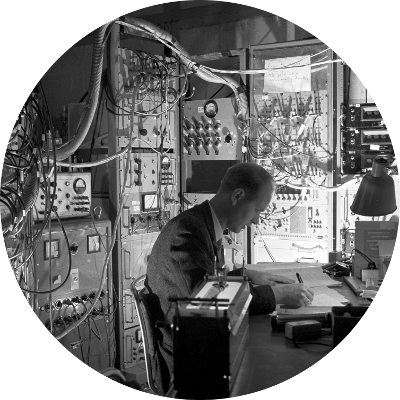3rd Developers@CERN Forum

It's about U and I !
The Developers@CERN Forum is an event by developers, for developers, aimed at promoting knowledge and experience sharing.
This edition will take place at the IT Amphitheatre, on the 13th, 14th and 15th of February afternoons. It will consist of a series of short presentations and workshops. The topic for this conference will be Frontend & User interfaces.
Have you got an idea for a presentation or workshop? Then, tell us about it (deadline on 27th of January).
Registration will open in November. Please subscribe to developers-forum-announce@cern.ch mailing list for further information.
This event will be made by developers for developers. We are counting on your presence, but also on your contributions!
To learn more about the initiative, read the CERN Bulletin article.
Organization
You can get in touch us at developers-forum-organizers@cern.ch.